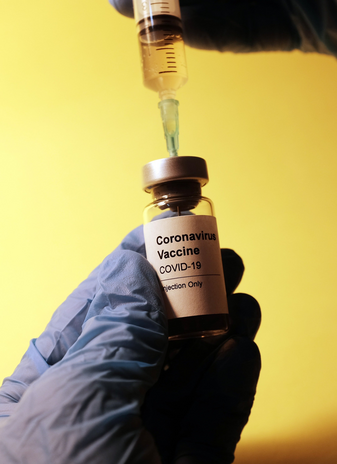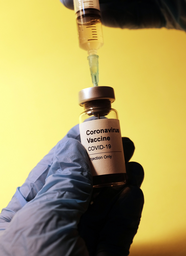Thomas Paine once said, “The World is my country, all mankind are my brethren, and to do good is my religion.” As the quote can be interpreted into multiple things for numerous different audiences, the thing that stands out to me the most is the last part: “…to do good is my religion.” Whether that belief is in one higher power, more than one higher power, or simply nothing but science, all religions have their basis in belief. Ironically, the subject of religion is another topic that can easily be deciphered in various ways, as well as reflect mixed feelings. Regardless of what those individual feelings entail, I have always made a point to respect those perceptions growing up, as one should when brought up religious.
Growing up religious, a majority of children are usually made aware of the fact that not everyone has the same beliefs at a young age. However, it’s up to an honest adult to be nice enough to show them that religion isn’t always the indicator of someone’s morals and character. Surprisingly, I’ve met multiple non-religious people who have treated me much kinder than those who attended a chapel every week. With that being said, learning to be respectful towards every belief, religion, theory and philosophy was nowhere near hard for me. In fact, the hardest part about growing up religious was learning to receive the help of science when regarding my health instead of putting everything through religious faith and prayer.
It’s no lie that COVID-19 has taken the lives of countless people globally. Following the CDC guidelines back home for the majority of last summer made me feel at ease because I was with my family. However, when the topic of the vaccine finally becoming available rose to the surface, the overall atmosphere seemed reluctant, not only from my family but from a majority of the religious community.
Many members of religious communities are distrustful of scientists, but not for the reasons that most scientists think. “I worry that for a portion of the U.S. religious community when they hear that a new vaccine is a triumph of ‘science’ and is promoted by scientists, vaccine hesitancy will be reinforced,” says John H. Evans, writer of Insights on Vaccine Hestitancy from Religious People’s View of Science. Since the self-image of science is that it is only concerned with factual claims about the natural world (such as how viruses replicate), scientists tend to assume that any conflict with religion must be over facts. This “knowledge conflict,” as Evans describes it, between religion and science has been dominant in public conversation for years as there are plenty of scientific claims that conflict with religious beliefs—mostly on the topic of evolution and the origin of life as we know it. But never has the conflict surrounded the topic of the origin of viruses and diseases.
In a study done in May 2020, it was found that conservative Protestants and Catholics were less likely than non-religious people to think scientists understood COVID-19. In other words, they didn’t trust the scientists’ findings. This divergence from the findings of previous studies was interpreted as a direct Trump communication effect since these religious groups were more likely to be Trump supporters, and Trump had been repeatedly discrediting scientists like Anthony Fauci. Now that Trump is out of office, there’s hope for the American religious community to revert to its baseline beliefs about science.
However, the way religious Americans view science isn’t the only reason for vaccination hesitancy, and the bottom line of it is quite simple: The religious community shouldn’t let religion restrain them from honing their knowledge about science all in all. A repeated finding in the science communication literature is that scientists are strong believers in the “knowledge deficit” model—which is that if the public just understood the science better, they would agree with scientists’ position on new technology. Furthermore, religious communities are in no more need of learning the science behind vaccines than anyone else.
The main sociological conclusion behind this at the end of the day is that religious people’s view of science and scientists themselves is to emphasize their morals. Many religious leaders have emphasized the importance of taking a vaccine, and they see it as moral an act as “loving thy neighbor.” As sad as it seems, scientists are insulted that their morals will always be questioned by the religious community, but that has long been the norm. If you are someone who struggles with trying to separate science and religion, especially at the expense of your health, feel free to do your research.
I understand my boundaries between the two communities, but I would never allow myself to fall into the ignorance of not caring enough to do my own research. As for myself, I highly recommend getting vaccinated, not only for yourself but so others can also enjoy life normally again, as it was pre-pandemic.



